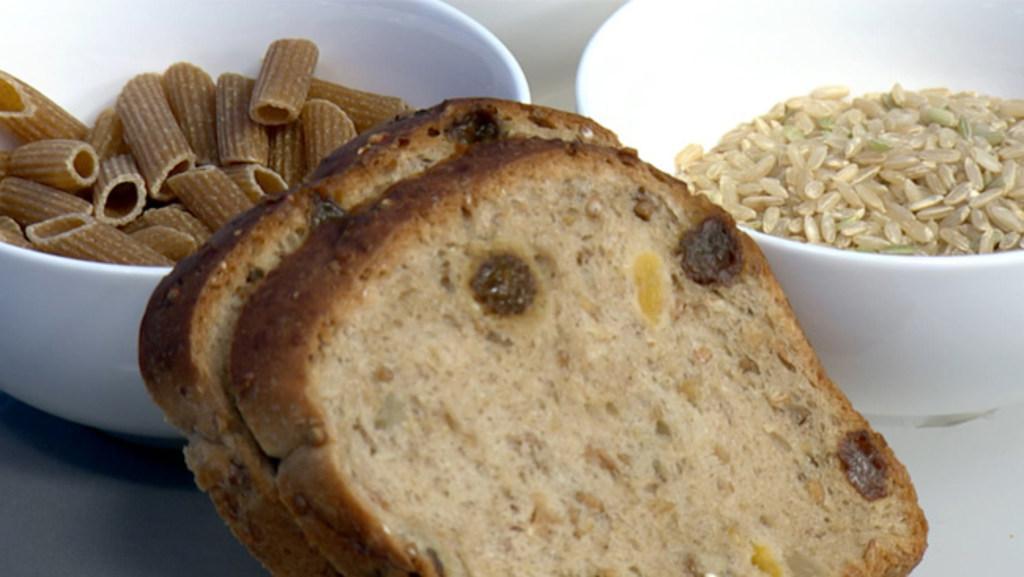Five dos and don’ts of good health
THINK fresh food always has better nutritional value than frozen or canned? Scientist Sheila Zhou is here to bust such health myths.

Health
Don't miss out on the headlines from Health. Followed categories will be added to My News.
WHEN it comes to priorities many of us would put good health at the top of our list. But when only 5 per cent of us are getting the recommended 30 minutes of exercise each day, and less than 8 per cent of the population eating enough vegetables, most of us are lacking a strong foundation for achieving good health.
According to scientist Sheila Zhou “many people don’t realise that your health impacts every part of your life, so achieving balance isn’t just good for your body, but also for your mind.”
To help you navigate your way through the murky myths about good health, Zhou shares her expert dos and don’ts:
DO:
1. Know what you’re putting into your body. A key method to achieving good health is to always know what ingredients you’re putting into your body. By becoming familiar with labels, whether they are on food products, supplements, or even drinks, you’ll be able to make more educated decisions when it comes to which items you consume. This could save you from significant amounts of calories and chemicals.
2. Play as hard as you work. These days it’s not abnormal to work 50 hours a week, so it’s important to enjoy yourself just as much. Going out with friends, watching movies, or doing whatever you genuinely enjoy, not only helps create a happier you, but it also lowers the amount of physical and mental stress within your body, creating a more balanced sense of wellbeing.
3. Use supplements. Often people forget about supplements when it comes to a balance diet and achieving good health. Finding a product that contains a full array of vital nutrients to help you fill nutritional gaps plays a huge part in having optimum health and wellbeing levels.
4. Keep your mind active. Everyone knows exercise is important when it comes to health. However, mind activities are just as important. Whether it’s a crossword, or playing along with a game show, make sure you’re getting enough mental stimulation in your day to day life.
5. Time yourself. Timing plays a large part in achieving good health. Whether it’s taking your supplements in the morning to give them the best chance to be absorbed into your system and kick start the day with a good nutritional foundation, to knowing what time your body best responds to going to sleep, all of these timing factors vary from individual to individual. It’s important to follow your body’s natural clock and try to adapt your routine to suit it as much as possible.
DON’T:
1. Think exercise makes up for a bad diet. Just because you’re going to the gym doesn’t mean you can put whatever you like into your mouth. Research shows that often exercising leads to weight gain due to people believing it allows them to significantly increase their food intake, but this isn’t the case. So, if you don’t want to waste your hard work, make sure you’re aware of how much you’re consuming compared to exerting.
2. Always opt for fat-free or low-fat foods over full-fat varieties. It’s a common belief that the less fat, the better, but this isn’t always the case. Some foods, such as sauces and dressing, swap mono-, and polyunsaturated fats which are good for heart health, with artificial chemicals. So make sure you do your research and know which foods you should opt for in terms of fat content.
3. Think if you eat well you don’t need vitamins. A well balanced diet is a solid start; however that doesn’t mean you are necessarily meeting all of your body’s nutritional needs. Your body’s needs can vary depending on factors such as age, stress, training, etc — so supplements can assist.
4. Think frozen or canned vegetables are less nutritious. There’s a long running rumour that vegetables that come from a tin or are frozen, are less nutritious, but this isn’t correct. Often the foods you find in the produce section have been there for a while, whereas quick-frozen products still have most of their nutrients intact due to the speed in which they are frozen and the lack of bruising during shipping.
5. Cook yourself. It sounds obvious, but going out into the sun is a definite ‘don’t’ when it comes to your health. Although vitamin D is great for your sense of wellbeing, unprotected exposure to the sun can have numerous harmful effects on your skin, as well as your entire body, with heat commonly causing dehydration. When you go outside, make sure you use sunscreen to protect yourself and avoid any harmful rays.
** Sheila Zhou is a scientist with USANA, a company that produces health supplements.
Originally published as Five dos and don’ts of good health





